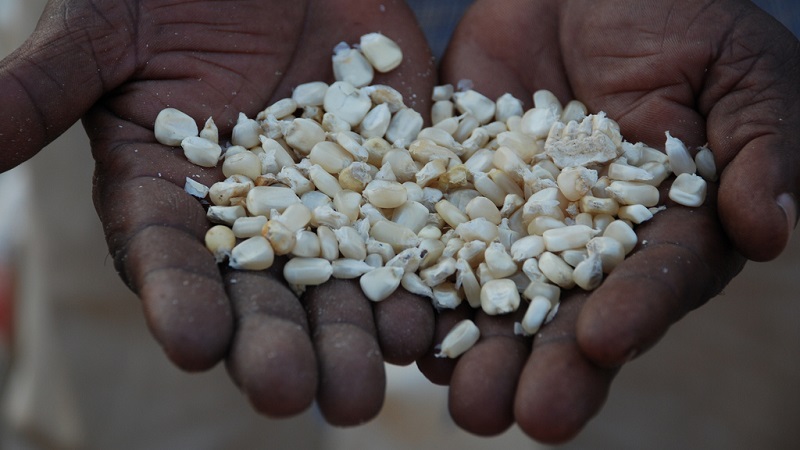Having a hot plate of food after a long day’s work is often taken for granted by people around the world, as there are more than 923 million undernourished people on the planet.
While the South African “people to causes” connector forgood can’t fight poverty and malnourishment everywhere in the world, it recently launched a drive to at least alleviate the problem on local soil.
To do their bit for World Food Day, which takes place annually on the 16th of October, forgood wants to raise public awareness around the world’s food problems with their #foodforgood challenge.
The organisation is challenging the population of South Africa to donate as many items on forgood’s 90-item list as possible.
“We challenge all South Africans, individuals and big brands alike, to fulfill the food donation needs listed on forgood. Currently we have more than 90 of these needs from all over South Africa,” says Andy Hadfield, forgood’s CEO.
To partake in the challenge is rather simple:
- Log onto www.forgood.co.za
- Click on campaigns or the World Food Day banner
- Find a need in your area
- Make the connection
We have written about forgood’s excellent work before, and in September htxt.africa donated clothes to forgood, which ran a campaign in conjunction with taxi-hailing app Uber to collect donations.
Hadfield explained that forgood wants to be the glue that connects individuals and groups to meaningful causes in South Africa.
“We create relevant connections for everyone involved and use technology to effect social impact at scale. World Food Day is the perfect opportunity for us to rally support across the board,” he said.
The plight of non-profit organisations in SA is almost as dire as the needs that they stand for, which is why forgood wants to connect them with the public at large – to raise awareness and collect donations.
“Thousands of South Africans live below the breadline; they have been hit the hardest by escalating food prices, with basic food stuffs such as a maize meal, bread and meat becoming unaffordable. Through forgood, we can all start to bridge that gap, solve social problems and become more involved, engaged citizens,” explained Hadfield.
[Image – CC by 2.0/International Maize and Wheat Improvement Center]

